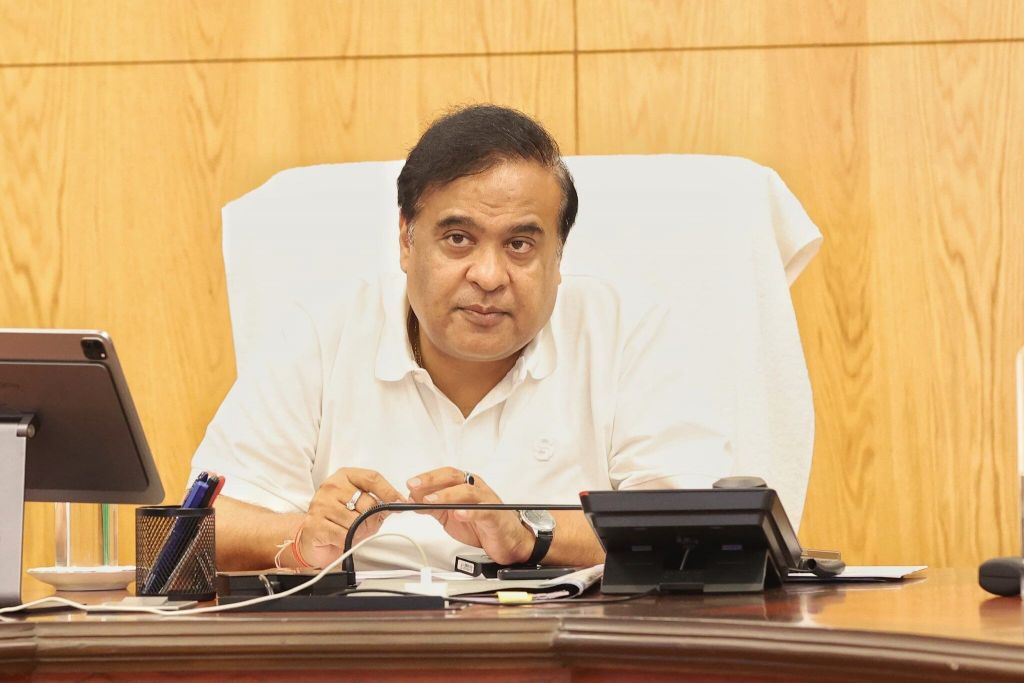
Guwahati, Jan. 1: Assam Chief Minister Himanta Biswa Sarma has highlighted the complexities involved in implementing the Justice (Retd) Biplab Sarma Committee's recommendations on Clause 6 of the Assam Accord, particularly concerning the cadastral survey of land in the char (riverine) areas.
“With regard to Assam Accord’s Clause 6, we will see significant progress by the time of the Budget session of the Assembly. However, there are debatable issues that require further discussions with the AASU,” Sarma said, during a press briefing at Koinadhora State Guest House, on Wednesday.
Elaborating on the sensitive nature of conducting a cadastral land survey in the char regions, the Chief Minister said that the exercise will require a revenue survey.
“The Biplab Sarma Committee Report recommends converting char lands into cadastral lands, which requires a revenue survey. No government has undertaken such a survey in these regions before. If we proceed, it will mean granting land pattas (ownership documents) to current occupants. These are tough decisions for our community,” he stated.
However, he noted lingering apprehensions about visiting the char regions, urging more dialogue with the public and AASU.
Sarma assured that the government plans to implement or address most state-level recommendations of the Biplab Sarma Committee by April. “We aim to fulfil all mandates under the state government’s purview by this timeline,” he added.
Domicile policy coming soon
The Chief Minister also highlighted plans to introduce a domicile policy aimed at ensuring job opportunities for local residents.
“Many government policies meant to prioritise local employment have been struck down by the High Court. We intend to table a Bill in the Legislative Assembly that defines domicile eligibility for government jobs, aligning with the High Court’s judgments,” he explained.
Sarma also highlighted the improved relations between various communities in Assam, crediting the people for fostering trust.
“The relations between Assamese and ethnic communities, tribal and non-tribal groups, have substantially improved. The contradictions among us have largely been resolved by the people, not the government,” he added.